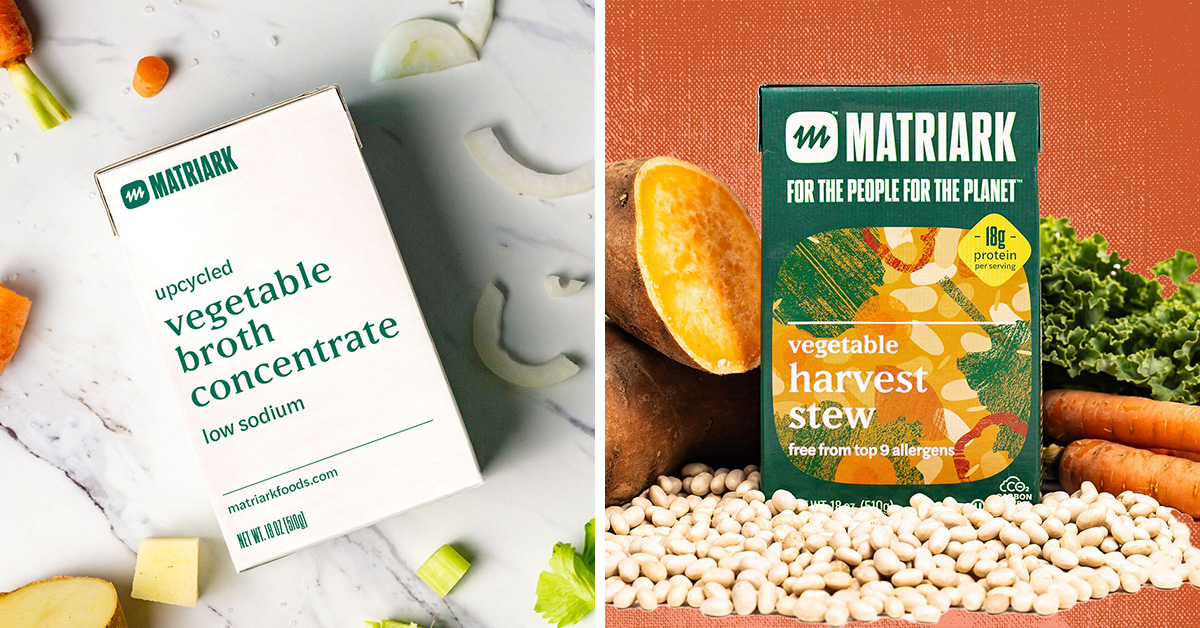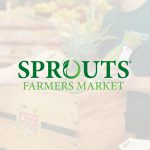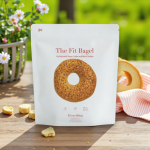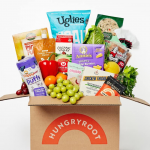Matriark Tackles Climate and Hunger Crises With Unique Omnichannel Approach

Against that backdrop, Anna Hammond, founder and CEO of Matriark Foods, has cooked up a sales and supply chain strategy to cultivate a larger impact than simply turning a profit.
The New York-based upcycled food company makes pantry staples and sauces out of imperfect and scrap produce including vegetable stock and pasta sauces, the latter of which are sold at retail and online. But it’s Matriark’s other revenue stream that sets it apart: in June it began selling a range of products specifically designed for foodservice as well as food banks and emergency food organizations.
“There’s a lot of money spent by food banks and emergency food organizations on food,” stated Hammond, who spent a decade working as executive director of The Sylvia Center, a youth-focused hunger and nutrition organization. “Right now, very little of that money goes to farmers, to new businesses [or] to diverse suppliers so we’re on a mission to interrupt that a little bit, maybe a lot over time, and get healthier food to all people.”
Matriark first release for these channels, Vegetable Harvest Stew, made from produce sourced from farmers in its home state of New York, exemplifies its approach to crafting products intended for hunger relief organizations, government food programs and food banks. The source ingredients were intentionally chosen from local farmers to support Nourish New York, a program that allows the state’s food banks to request funds to purchase foods that support its agricultural industry.
The brand’s first food bank-specific product launch came just over a year after Matriark debuted its retail line which includes Tomato Basil, Marinara and Arribiata upcycled pasta sauces. The line launched at Expo East 2022 and Hammond said it was picked up by Whole Foods within the first hour of the show.
The sauces are currently sold at about 55 Whole Foods stores in the Northeast in addition to an array of natural, independent and specialty grocers for $6.99 per 18 oz. TetraPak carton.Though the company is currently working on an expansion to Mid-Atlantic Whole Foods, she noted that retail is not the focus for growth and the line will be rolled out “very strategically and restrained” due to the high cost of selling into the channel.
Matriark also sells bulk sized vegetable broth concentrate, Liquid Mirepoix and Passata+, a lightly seasoned tomato puree, to foodservice and food bank partners that are made from rescued food.

In order to continue scaling the business and selling those products, the company has cobbled together a network of farmer partners and fresh cut produce processors across the country to source a steady stream of unwanted supplies. As it has expanded with new supply chain partners, Hammond said Matriark continues to encounter challenges directly linked to the structure of the industrialized food system.
“So much manufacturing has been designed for one spec, and that’s part of why there’s so much waste – manufacturing facilities are not designed to take [a] melon that’s three inches bigger than one that fits in the machine,” she said. In order to avoid additional barriers to upcycling food, Matriark has not pursued an Organic certification but Hammond said many of its farmers already use organic practices – they simply can’t afford to earn the seal.
According to ReFED, a food waste solution nonprofit, 14 million tons of edible produce never makes it past the farm gate and 19 million tons end up in landfills every year. Hammond saw that high volume of waste as a large opportunity to quickly improve the climate, and help get more nutritious food to the quarter of Americans currently in need of supplemental food assistance in the U.S.
“We have built it at a very large scale [whereas] a lot of other upcycled companies are working with one small producer of a grain byproduct or something,” Hammond said while explaining that the challenges Matriark faced in setting up the business spanned its entire supply chain. “The paperwork doesn’t exist already so we have to work with each manufacturer not only to create the systems within their production, but also to keep it compliant in the same way that you would [any food product].”
She also recognized that the foodservice channel – where 50% of all meals in the U.S. are consumed – could serve as another lever to quickly scale the business’ intended impact. The company first planned to launch in food service in March 2020, but that came during the same week that the world went into official pandemic lockdowns and establishments were shuttered.
After pivoting and creating the retail pasta sauce line, Hammond said the company is back on track to building its foodservice business. She estimates that the business will grow primarily through that channel, having secured Compass Group, the largest foodservice distributor in the country, as a partner.
“Foodservice is really such a huge potential lever for environmental impact,” said Hammond. “I would say [we want to] 50x those sales over the next five years.”
In addition to foodservice, Hammond also believes there’s plenty of room to grow its food bank and emergency food business at a similar scale. She said over the next two years Matriark will continue to carefully build a “strong footer” in the space and believes it already has a “steel wedge in the door” to start: “that’s probably insane to say, but I think it’s possible and it’s necessary.”
“There’s just so many ways to address inequity and climate simultaneously, and we need to do it at all levels because big food companies are doing that whether you know it or not,” said Hammond. “Big food companies get tax write offs for donations [and] they over produce so that they can send food to food banks. There’s a lot in the system already, ready to tap into – it’s very complicated, it takes a really long time – but with diligence, you can make it happen.”

















